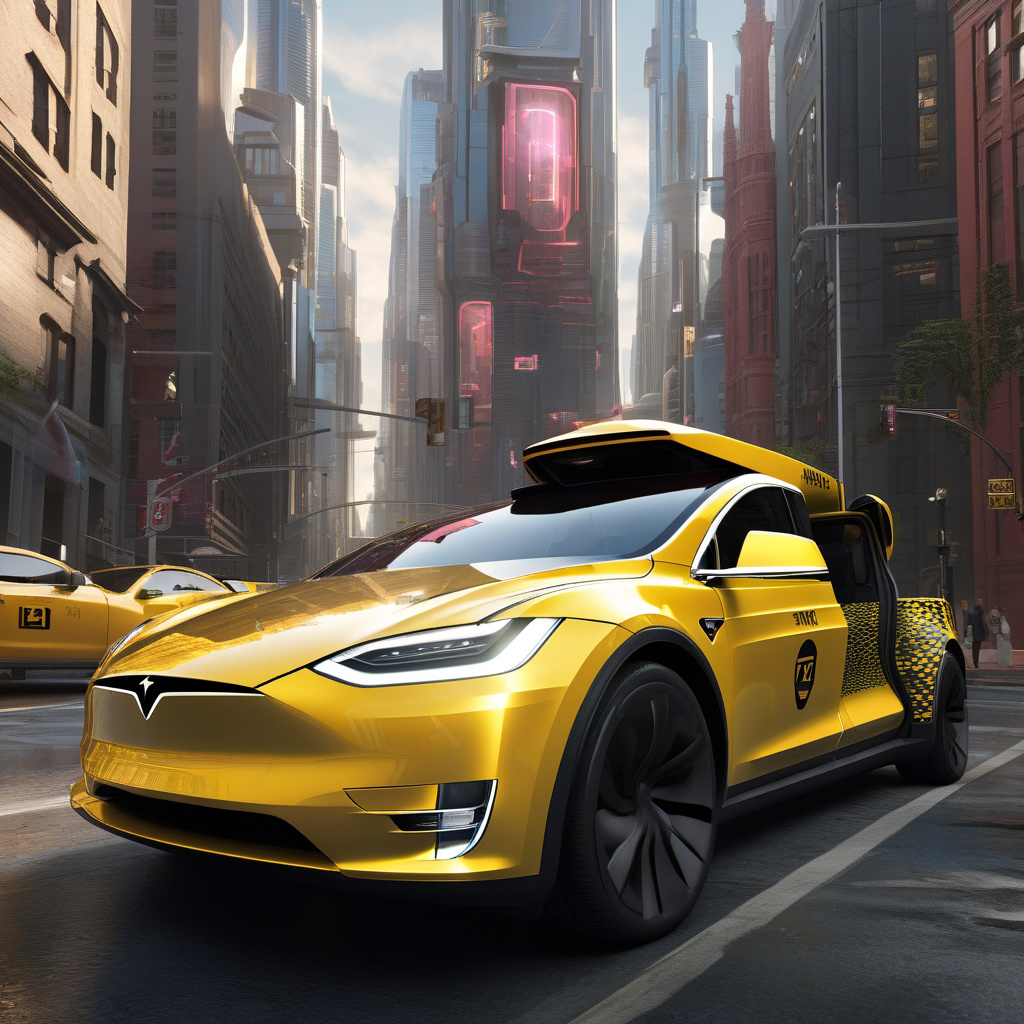Tesla’s Robotaxi Ambitions at Risk: $243 Million Autopilot Verdict Threatens Future
Tesla’s journey towards fully autonomous vehicles has hit a roadblock, with a recent $243 million verdict in a lawsuit related to its Autopilot technology. This setback comes at a critical time for the company, as it faces mounting pressure from ongoing federal investigations and recalls surrounding its autonomous driving features. The verdict not only poses a significant financial burden but also raises concerns about the safety and reliability of Tesla’s self-driving capabilities.
The verdict is a result of a lawsuit filed against Tesla by the family of a Florida man who was killed in a 2019 crash while using the Autopilot feature. The jury found Tesla partially liable for the accident, highlighting the limitations and potential risks associated with the company’s autonomous technology. This ruling is just one of many legal challenges Tesla has faced in relation to its Autopilot system, underscoring the complexities and legal uncertainties surrounding self-driving vehicles.
In addition to the financial implications of the verdict, Tesla is also under scrutiny from regulatory agencies, including the National Highway Traffic Safety Administration (NHTSA), which has been investigating a series of accidents involving Tesla vehicles equipped with Autopilot. The NHTSA recently announced a recall of nearly 12,000 Tesla vehicles due to concerns about the Autopilot system’s performance, further casting doubt on the technology’s safety standards.
The timing of these challenges is particularly critical for Tesla as it pushes forward with its ambitious plans for a robotaxi network. CEO Elon Musk has been vocal about his vision of transforming Tesla vehicles into fully autonomous taxis, allowing owners to generate income from their cars while not in use. However, the recent verdict and regulatory scrutiny present significant obstacles to Tesla’s robotaxi ambitions, raising questions about the company’s ability to secure the necessary approvals and public trust for such a venture.
The $243 million verdict serves as a stark reminder of the potential risks and liabilities associated with autonomous driving technologies, especially in the absence of clear regulations and standards. While Tesla has been a pioneer in the development of electric and self-driving vehicles, the recent challenges highlight the complexities and uncertainties of bringing such innovations to market at scale.
In response to the verdict and regulatory scrutiny, Tesla has reiterated its commitment to safety and stated that it will continue to improve its Autopilot system through software updates and other enhancements. However, rebuilding public trust and addressing the concerns of regulators will be crucial for Tesla to move forward with its robotaxi plans and establish itself as a leader in the autonomous driving industry.
As Tesla navigates the aftermath of the $243 million verdict and works to address the regulatory challenges surrounding its Autopilot technology, the future of its robotaxi ambitions hangs in the balance. The company’s ability to overcome these obstacles, ensure the safety and reliability of its autonomous driving features, and regain the trust of regulators and consumers will be key factors in determining its success in the ever-evolving landscape of self-driving vehicles.
Tesla, Autopilot, Robotaxi, AutonomousTechnology, RegulatoryChallenges
